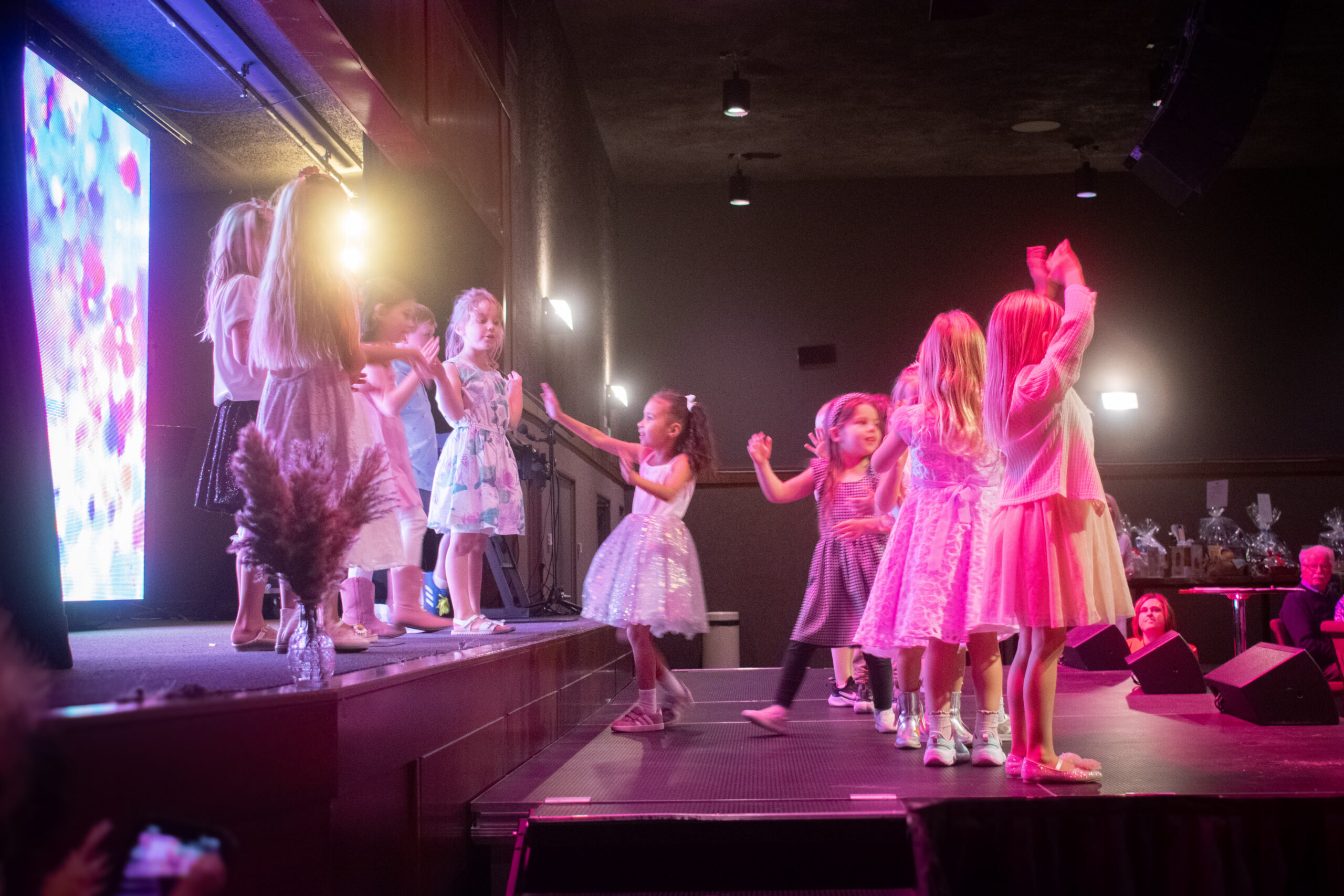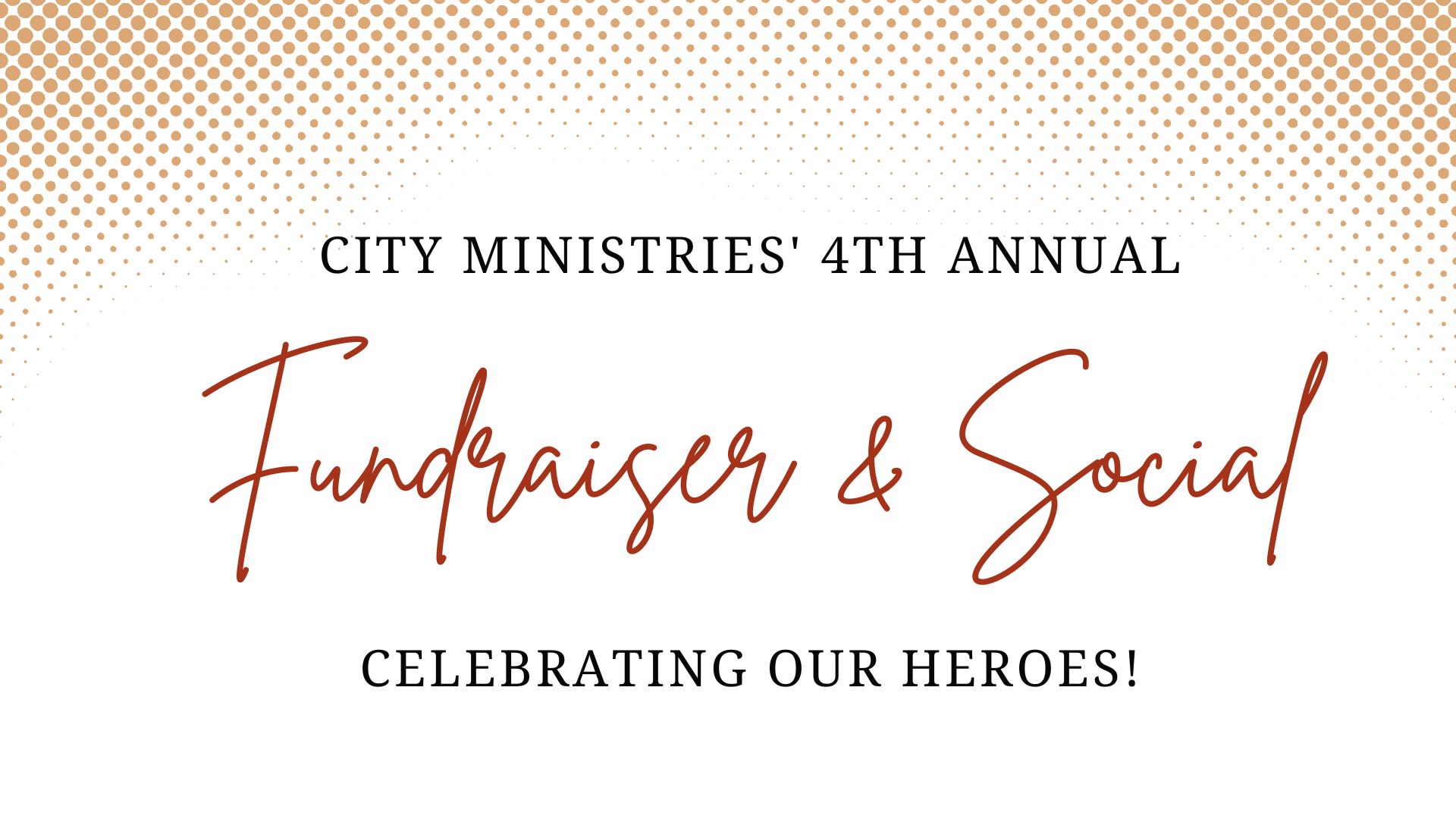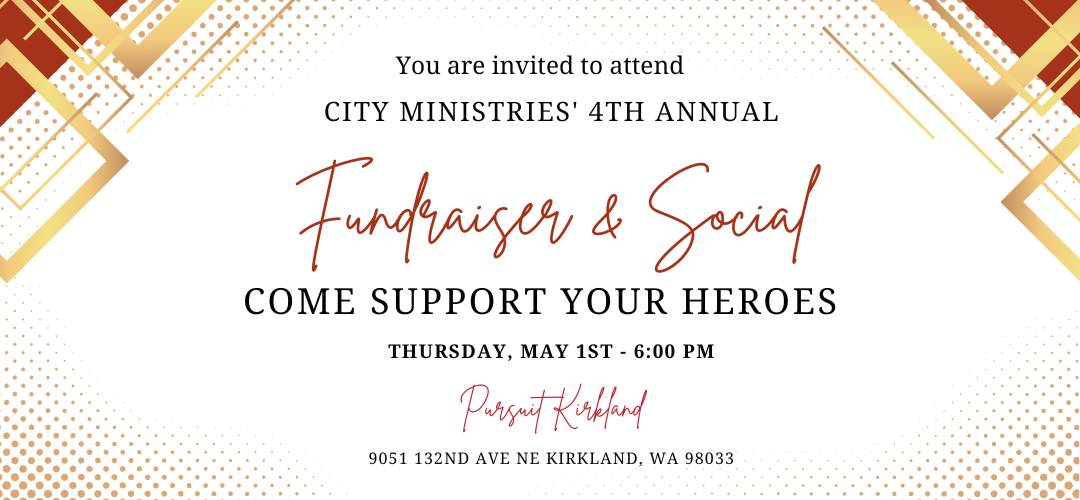It’s gotten worse.
The meltdowns are greater and last so much longer.
The emotional responses are explosive, and sometimes completely unpredictable.
It feels like the smallest thing can set your foster child off. Often resulting in volatile and extreme behavior that’s overwhelming and heart-wrenching to watch. He becomes irritable, angry, and at times violent over simple things.
And you can’t understand why.
Lately, he’s been having a hard time concentrating at school. And his teacher often says he appears to mentally separate himself from the rest of the class. Almost as though he is dissociating himself.
But it wasn’t until his teacher called you concerned with his harmful behavior that you started getting worried.
Sure, you’re used to your foster child having some aggressive behavior. Don’t all kindergarteners go through a transition period when starting school? This harmful behavior was different, she said.
This time he wasn’t harming another child, he was harming himself.
It wasn’t until you started talking to your child’s case manager that you connected the dots. Your foster child most likely has experienced trauma and doesn’t know how to process it.
You learned about traumatized behaviors in children in your foster parenting classes. The social workers told you the children entering your home would have a history of trauma. In your head, you were ready for what that meant.
But there was no way to prepare your heart for what trauma would look like on a child.
Many times we as foster parents confuse our child’s behavior. Is he acting out because he is adjusting to his new environment? Or is she angry because the visits with her parents keep getting postponed? Is he having a hard time at school due to sensory overload?
It’s challenging for any foster parent to understand what their child is experiencing. We don’t have all the details of the events in their past that led them into your care. This makes identifying the root of their problematic behavior almost impossible.
I know how painful and difficult it is to watch a child suffer and not know how to care for his hurt. We as foster parents feel unequipped to handle the broken heart of a child.
One of the best tools you can add to your foster parenting toolbox is working with a foster agency, such as City Ministries Child Placement Agency. They are your support system. Let them help you get the answers and services your child needs for success.
To help a foster child after a traumatic event, you must first know the signs and behaviors. And the earlier you can identify these behaviors, the sooner you can give your child the help he needs.
5 Signs Indicating a Child Has Experienced Trauma
Roughly one out of every four kids in foster care will have some level of post-traumatic stress disorder1. Trauma looks different in every child. But here are a few signs to pay attention to.
-
Child is non-compliant
This means your foster child struggles to follow rules of conduct he’s in certain social situations. These situations could include church, school, the store, or with their friends.
2. Child is hypervigilant
A child with hypervigilance takes note of her environment. Looking for anything that could harm her or create a threat to her well-being. Hypervigilance is the result of a disrupted attachment. It’s often confused with non-compliance, defiance, or struggles bonding with foster parents.
3. The child struggles with dysregulation
Dysregulation in children occurs when a child has trouble understanding and responding to their emotions. The child might have a pattern of irritability and anger. Tantrums and outbursts are also common.
4. The child often talks back
Talking back could look a few ways and certain events might trigger it. This could be your foster child’s way of taking control over his own life or testing her boundaries with you. It could also be your child not knowing how to verbalize the chaos he’s feeling inside.
5. Child experiences a high level of anxiety
Any child removed from their biological family will experience some level of anxiety. When a child has trauma, they aren’t able to communicate how they’re feeling inside. This results in a significant amount of anxiety, depression, or intense anger.
Parenting a child after a traumatic event takes plenty of love, patience, and understanding.
Trauma can alter a child’s brain, body, behavior, and ability to process life. It’s always a good idea to connect with a trauma therapist. But you as the foster parent have an important role as well in their healing process.
11 Ways to Help a Child Who’s Experienced Trauma
1. Be extra patient and consistent
Children do best with a consistent routine and schedule. And it’s especially true with foster children. Be patient with their emotions and don’t take their behavior to heart.
2. Don’t expect them to share their story right away
As foster parents, we don’t always get all the information about the child’s trauma when they enter our home. Oftentimes it can take the child months or even years for the effects of the trauma to show up. And even longer for them to feel comfortable sharing.
3. Get ready to talk
Chances are your child has trouble understanding and recognizing his emotions. Spend extra time talking to your child about how they are feeling inside. Ask what event prompted the emotion, and then teach them how to navigate through the emotion.
4. Get creative in how you problem-solve
Certain places, smells, sounds, or people might trigger your foster child and bring back memories from their trauma. They might not even be aware of the connection. Work to remove or change the trigger and find ways to help them feel safe and secure.
5. Ask for help when you need it
It’s okay to not have all the answers and feel overwhelmed with the trauma these children carry. Connect with a therapist, support groups, or online parenting groups for extra support, advice, and encouragement.
6. Educate yourself on childhood trauma
Unless you’ve been through childhood trauma yourself, it can be hard to comprehend how trauma impacts a young person. Every case is a little different. But understanding what trauma is, and its effects, help when caring for a child with a traumatic experience.
7. Take a training course on childhood trauma
There are plenty of online courses available about trauma with foster children. You can also find training at hospitals, schools, counseling centers, or private agencies.
8. Limit external sensory stimulation
Children respond to their environments. A loud television, kids running around, or many people talking can be sensory overload. Be mindful of the extra noise and let your child know if she feels overwhelmed, it’s okay to take a break.
9. Avoid time-outs
Even if you don’t suspect trauma with your foster child, it’s best to remove the time-out punishment. Sending a fearful, anxious, and emotional child to an isolated area is a recipe for disaster. An alternative option is a time-in which can give your child a chance to regroup, but in the safety of your presence.
10. Talk to your child’s teacher
If your foster child attends school, connect with her teacher. Come up with a plan for when she starts to feel overwhelmed. Events during the day when there is less structure can result in more stress for your child. These times include recess, interaction with classmates, loud noises, or lunchtime.
11. You can never love a child too much
If your child is comfortable with hugs, now is the time to give them. When a child feels anxious or emotional, a hug can slow down their heart rate and reduce their stress levels2. If physical touch doesn’t soothe your child, spend extra quality time and attention with them throughout the day.
The most important thing to keep in mind when caring for a child with trauma is it’s a marathon, not a sprint when it comes to healing.
The trauma didn’t happen overnight. So keep in mind their healing won’t either. Love them, care for their hearts, and offer plenty of grace and patience to your child, but also to yourself.
If you’re looking for more resources for you and your foster child, City Ministry Child Placement Agency can help. We are a private foster agency committed to helping you as a foster parent better care for your foster child. Contact us today and learn more about how we can support you.
Sources:
“PTSD in Children and Adolescents: Equivalent Exposures, Distinct ….” 14 May. 2017, https://yaleglobalhealthreview.com/2017/05/14/ptsd-in-children-and-adolescents-equivalent-exposures-distinct-diagnoses/. Accessed 16 Oct. 2022.
“Four Ways Hugs Are Good for Your Health.” 22 Jun. 2021, https://greatergood.berkeley.edu/article/item/four_ways_hugs_are_good_for_your_health. Accessed 16 Oct. 2022.



